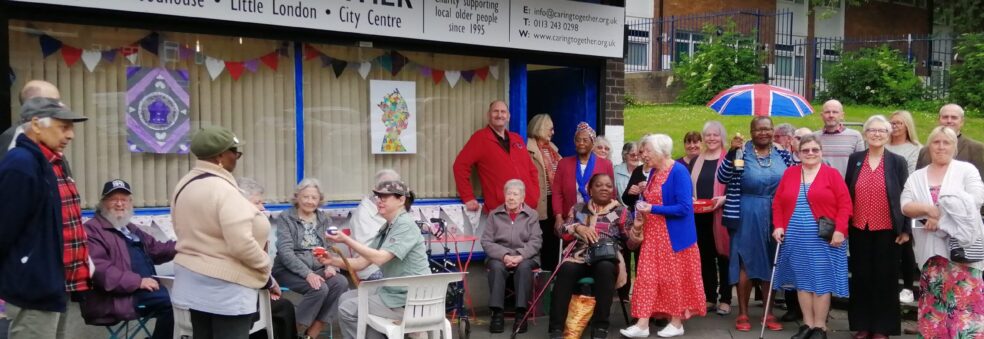“About five years ago, I wrote the last of my regular columns for the Yorkshire Evening Post and very soon afterwards, I forgot that I had ever been paid to write at all.
Which was strange, because many people enjoy writing for free and I was given the task of filling a whole page, with hardly any limitations or instructions – or indeed advertisements – every Friday for 14 years.
It would have been a dream job if I didn’t find communication of any sort difficult and if I didn’t think that useful explanatory or creative writing – as opposed to self-promotion or preaching – is entirely about communication.
My hero, Dr Samuel Johnson, thought that a day spent in the crowded streets of 18th century London without speaking or listening to someone new was a day wasted. This was how he came to know virtually everything there was to know at that time and place, and I would follow his lead if I found opening my mouth in the presence of a stranger anything less than challenging.
And it’s not just strangers – adding a few words to the bottom of a retirement card gives me a day’s anguish; meeting a regularly chatty bus driver can cause me to change my bus route and my hair would be a lot tidier if it wasn’t for my (to be fair, usually justified) fear of friendly barbers.
I suppose my condition might be diagnosed as a mildly severe and, since it’s lasted from childhood, chronic case of social anxiety. I prefer to think of it as unforgivable idiocy which shouldn’t be allowed to continue when it’s suddenly become quite clear, as it always should have been, that our survival depends on humans communicating sensibly with each other.
So I’ve decided to return to writing, unpaid and inglorious, just as a matter of duty, although obviously shut-down boredom also played a part.
When I said earlier that Dr Samuel Johnson was my hero, I wondered briefly how he might have coped with the present crisis. The answer, I think, is very unheroically.
He was prone to severe depression which he overcame by constant conversations and activities; once, after a long night of drinking and talking, he called in at Covent Garden market and decided he could make himself useful by helping the fruit and veg traders to set up their stalls. The traders had never been assisted by a world-class lexicographer before
Our small, fat cat is called Kitty, which is a very inappropriate name because it suggests the kind cute playfulness which most cats, so long as they are awake and fed, can display and which has bought most of them a meal ticket for life.
But Kitty’s background is more that if a social work case than a domestic pet. She was abandoned early in life early and brought herself up, unaided, in our garden shed.
Then one day, during one of her fleeting appearances in our back garden, we noticed that she was heavily pregnant. My partner Lynne, being more socially responsible than me and better at fighting cats, managed to force her to the vet’s, where we were disappointed to find there was no quantity discount for a combined abortion and sterilisation operation.
Kitty has lived with us ever since but under sufferance. The deal is that we feed her while she looks at us with withering contempt.
She has all the symptoms of classic attachment disorder, including fear and mistrust of others, a listless appearance and a reluctance to smile – and I know cats can’t really smile but the friendlier ones at least look like they want to.
Also, normal cats don’t have time to appear listless because they’re too busy sleeping. Kitty seldom sleeps; she behaves like a one-cat GCHQ, always keeping her eyes half-open for plots and dirty tricks.
Still, self-isolation has revealed one of Kitty’s not-so-bad points. As we do our restricted daytime rounds (front room, back room, front garden, back garden, occasional adventure retreats under the stairs), Kitty follows at a slight distance. You might have thought she found our presence reassuring or even comforting, but it’s probably just part of her plotting”
Oliver Cross, Caring Together member

